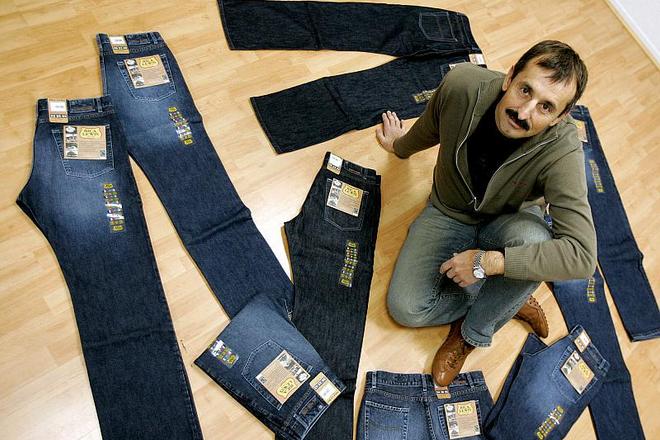SLOVAK non-governmental organisations (NGOs) are planning to offer chocolate and coffee to mark World Fair Trade Day, May 9, to anyone buying Fair Trade goods which support growers and producers.
The Slovak Fair Trade tasting will take place at the Avion Shopping Centre in Bratislava between May 8 and 10.
“Fair Trade shows us that customers are not obsessed with hunting for the cheapest goods," Viliam Šandor, spokesperson for the Integra Foundation, an NGO, told the SITA newswire.
"It reminds us that trade is about people, about their living conditions, their families and often about their survival,” he added.
Fair Trade is the brand used to market goods sold under rules and conditions which – when fulfilled – guarantee the consumer that the product or raw material so labelled has been produced without suppression of human rights as defined by the UN, without pollution or natural degradation, and that growers or producers have been paid a fair wage.
Under the scheme, the prices paid for farmers’ products are fixed and not subject to market swings.
This price difference – described as a social premium – is intended to allow growers and producers from developing countries to build schools and wells, obtain education and improve their standards of health care.



 General director of the Rica Lewis jeans showroom, Dominique Lanson, poses with bluejeans of cotton bought from impoverished African growers at well above the market rate are making their debut in Europe. Their French manufacturer, Rica Lewis, billed them as the world's first fair trade jeans in 2006. (source: Reuters)
General director of the Rica Lewis jeans showroom, Dominique Lanson, poses with bluejeans of cotton bought from impoverished African growers at well above the market rate are making their debut in Europe. Their French manufacturer, Rica Lewis, billed them as the world's first fair trade jeans in 2006. (source: Reuters)